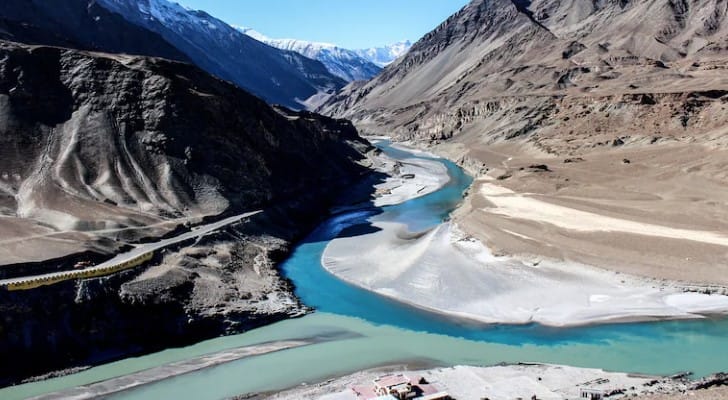India-Pakistan Water Dispute Escalation: The Indus River Crisis and Its Regional Implications

The escalating water conflict between India and Pakistan over the Indus River system has emerged as the most volatile geopolitical flashpoint in the Asia-Pacific region, threatening to destabilize relations between two nuclear-armed neighbors already locked in seven decades of territorial disputes. At the heart of this crisis lies India’s decision to suspend the 1960 Indus Waters Treaty (IWT) and pursue aggressive hydrological infrastructure projects that could reduce Pakistan’s water supply by up to 40% in critical agricultural regions. This strategic shift, triggered by a deadly terrorist attack in Indian-administered Kashmir in April 2025, has transformed water from a technocratic management issue into a weapon of statecraft, with far-reaching consequences for regional security, agricultural stability, and China’s growing influence in South Asia.




